Carpal Tunnel Syndrome
Carpal Tunnel Syndrome Diagnosis and Treatment at Mir Neurology
What is Carpal Tunnel Syndrome?
Carpal Tunnel Syndrome (CTS) occurs when the median nerve becomes compressed at the wrist. The median nerve runs from the forearm into the palm and controls sensation and movement in parts of the hand. When pressure builds inside the carpal tunnel, nerve function slows. This leads to hand pain, numbness, tingling, and weakness.
Carpal tunnel syndrome often develops from repetitive hand movements, medical conditions, wrist injuries, or natural anatomy. At Mir Neurology, you receive expert neurological evaluation, precise CTS diagnosis, and personalized carpal tunnel syndrome treatment focused on long-term relief and improved hand function.

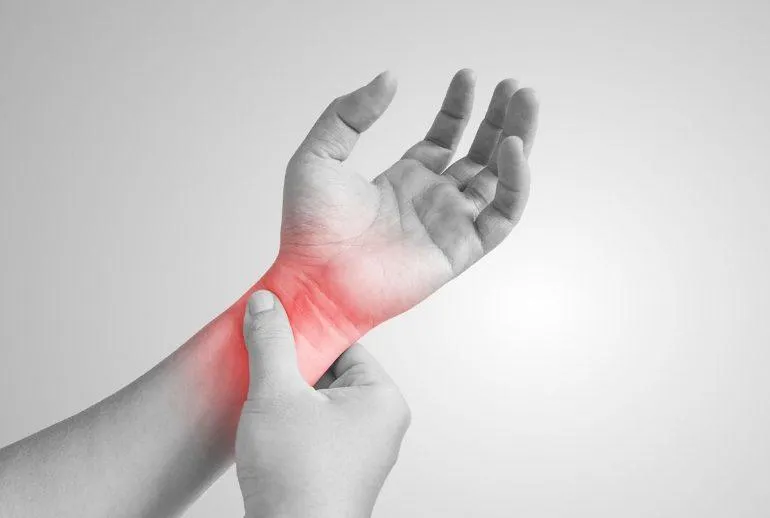
Symptoms of Carpal Tunnel Syndrome
Symptoms often start slowly and worsen over time. Common CTS symptoms include:
1. Numbness & Tingling
Pins and needles in the thumb, index finger, middle finger, and part of the ring finger.
Symptoms during typing, driving, or holding a phone.
2. Wrist and hand pain
Pain in the wrist, palm, fingers, or forearm.
Nighttime pain that disrupts sleep.
Burning or aching sensations.
3. Hand weakness
Reduced grip strength.
Trouble opening jars, buttoning clothes, or holding small objects
4. Decreased Coordination
The hand may feel clumsy or less coordinated due to reduced strength and sensation.
5. Progressive symptoms
Symptoms often worsen over time, particularly with repetitive activities or after long periods of wrist flexion.
Seek care from a neurologist if you notice persistent carpal tunnel syndrome symptoms.

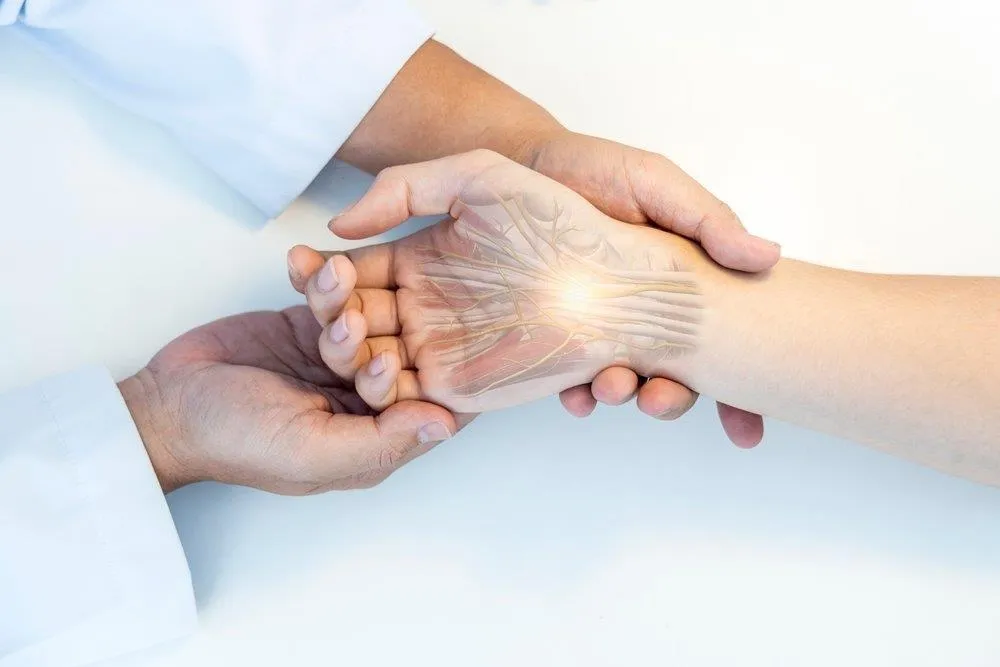
Causes of Carpal Tunnel Syndrome
Several factors increase pressure on the median nerve:
1. Repetitive wrist movements
Activities that require repetitive wrist or hand movements, such as typing, using a mouse, or assembly line work, can put pressure on the median nerve.
2. Anatomical Factors
Some people may have a naturally smaller carpal tunnel, which can increase the likelihood of compression. Structural abnormalities, such as bone spurs, can also contribute.
3. Pregnancy-related swelling
Hormonal changes during pregnancy can lead to fluid retention and swelling in the wrist, increasing pressure on the median nerve.
4. Medical Conditions
Conditions like diabetes, rheumatoid arthritis, and hypothyroidism can increase the risk of developing CTS due to nerve damage or inflammation.
5. Wrist Injuries
Prior wrist injuries, including fractures, sprains, or scar tissue, increase swelling and tissue buildup inside the carpal tunnel, placing pressure on the median nerve.
6. Obesity
Excess weight can contribute to increased pressure on the wrist and the development of carpal tunnel syndrome.
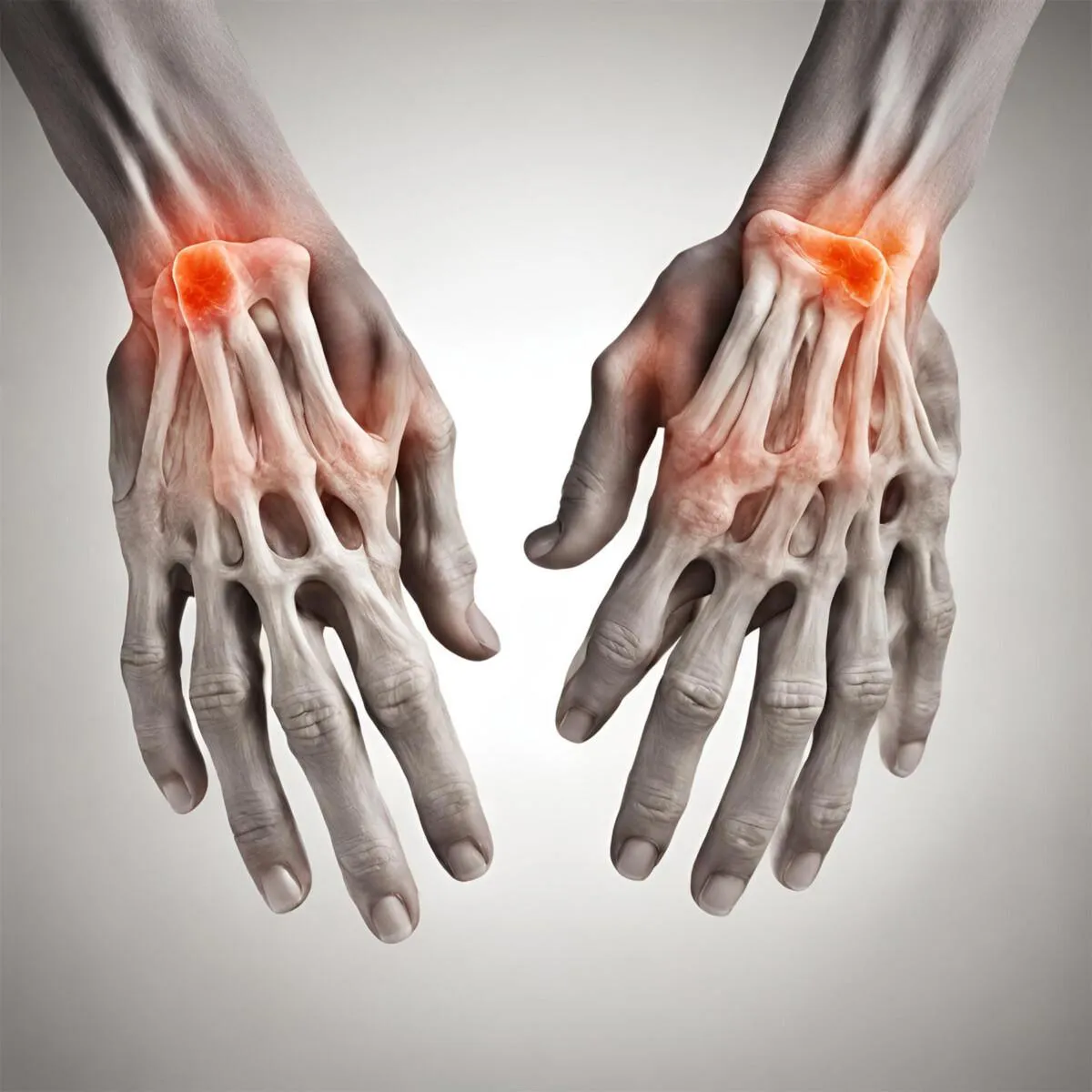
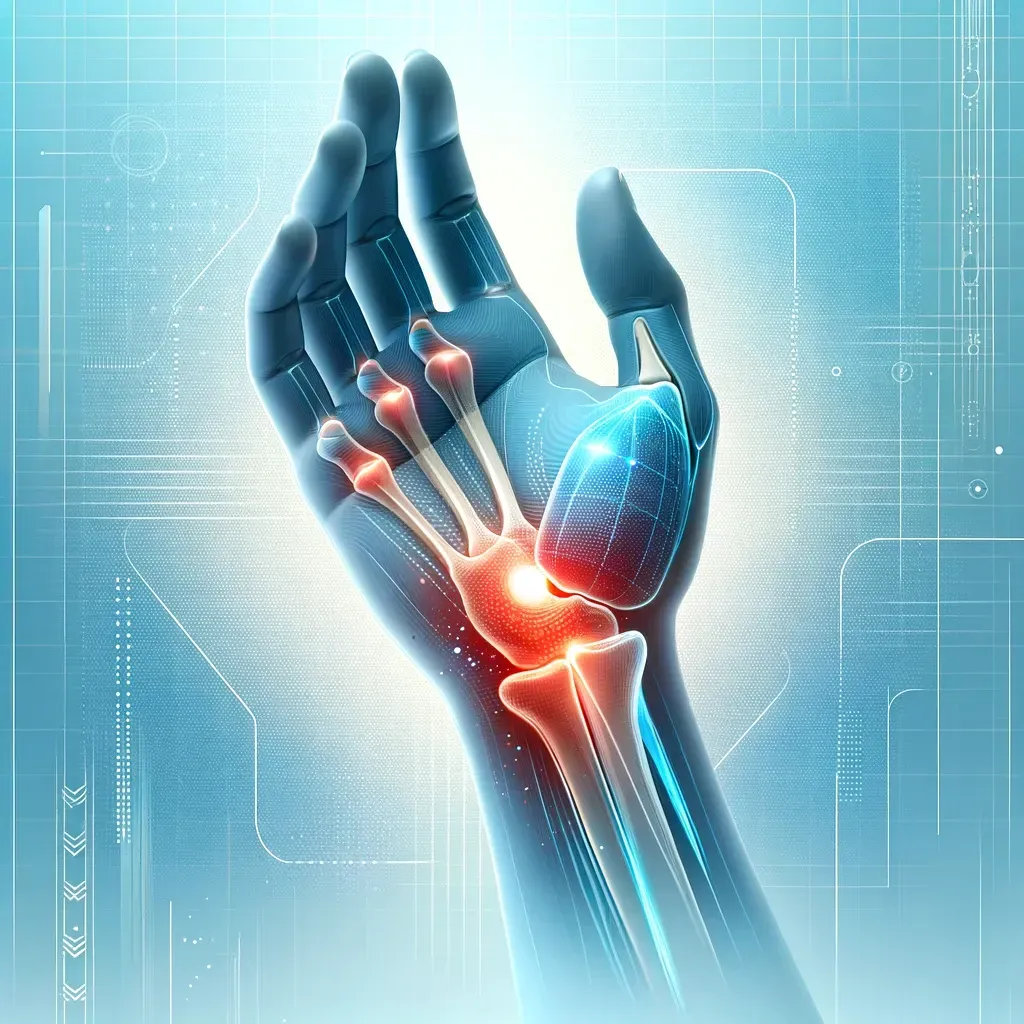
Diagnosis of Carpal Tunnel Syndrome
Accurate CTS diagnosis requires clinical expertise. Mir Neurology uses advanced testing to confirm nerve compression.
1. Physical Exam
Tinel's Sign – Tapping the wrist to see if it causes tingling sensations in the fingers.
Phalen’s Test – Holding the wrists in a flexed position to see if symptoms worsen.
Durkan's Compression Test – Pressing on the carpal tunnel to elicit symptoms.
2. Nerve Conduction Study (NCS)
An NCS measures how well the electrical signals travel through the median nerve, helping to identify any slowdowns or blockages in nerve conduction.
3. Electromyography (EMG)
An EMG measures the electrical activity of muscles and can help assess the extent of nerve damage caused by CTS.
4. Ultrasound or MRI
In some cases, imaging tests such as ultrasound or MRI may be used to visualize the median nerve and surrounding structures to rule out other possible causes of your symptoms.
Treatment for Carpal Tunnel Syndrome
We offer various treatment options for Carpal Tunnel Syndrome, ranging from non-invasive approaches to surgical interventions. Treatment depends on symptom severity and nerve involvement.
1. Conservative Carpal Tunnel Syndrome treatment
Effective for mild to moderate cases:
Wrist Splints – Maintain neutral wrist position, especially at night
Activity Modifications – Reducing or modifying activities that strain the wrist can help prevent further damage.
Ergonomic Adjustments – Improve your workstation setup or the way you perform repetitive tasks to reduce stress on the wrist.
Cold Compresses – Applying ice to the wrist to reduce swelling and inflammation.


2. Medications for CTS pain relief
Nonsteroidal Anti-inflammatory Drugs (NSAIDs) – Medications like ibuprofen or naproxen can help reduce pain and inflammation.
Corticosteroid Injections – An injection of corticosteroids into the carpal tunnel can provide temporary relief by reducing inflammation.
3. Physical therapy for Carpal Tunnel Syndrome
Hand and wrist strengthening.
Stretching exercises.
Improved flexibility and nerve movement.
Prevention of Carpal Tunnel Syndrome
You reduce risk with daily habits:
Take regular breaks from repetitive tasks
Maintain neutral wrist posture
Use proper workplace ergonomics
Manage conditions such as diabetes and arthritis
Perform hand and wrist exercises

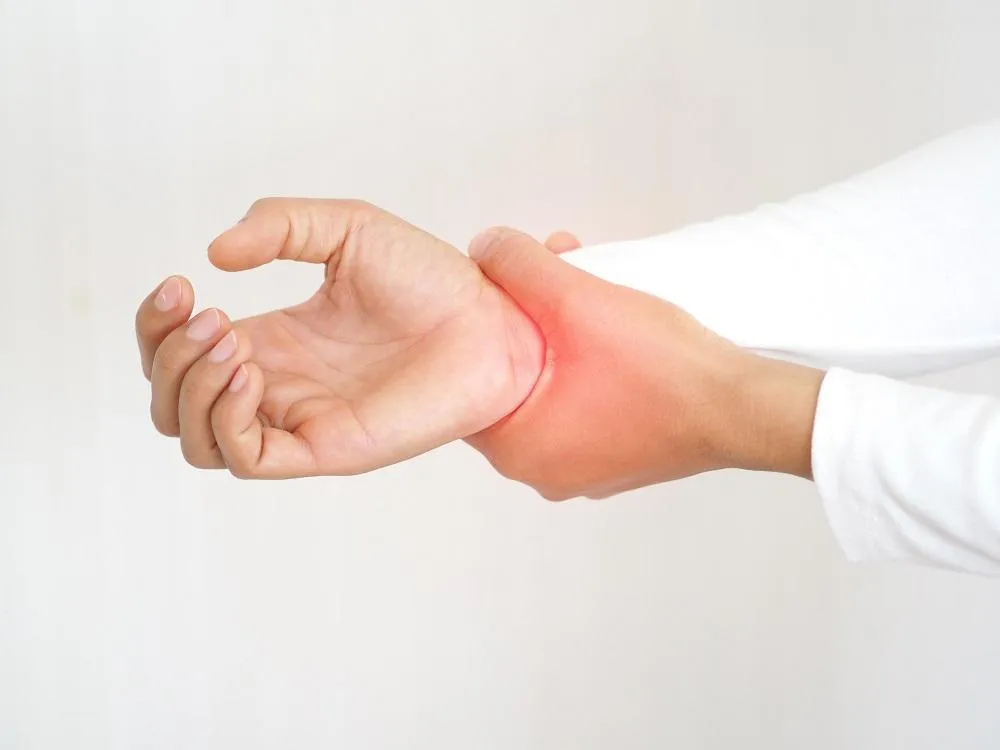
Living with Carpal Tunnel Syndrome
With timely neurology care and proper treatment, many patients regain strength, reduce pain, and return to normal activities. Mir Neurology delivers focused carpal tunnel syndrome care designed to restore function and protect nerve health.
Get Expert Help

If you or a loved one is experiencing memory loss or cognitive decline, early diagnosis is key to effective management. Consult with our neurology specialists for personalized assessment and care plans.
Our Locations
To learn more about our experience or discuss your treatment options, please call us at (301) 797-7600 or schedule a consultation today!
Get our wellness newsletter
Filter out the noise and nurture your inbox with health and wellness advice that’s inclusive and rooted in medical expertise.
Contact Us
Complaint and Queries
(301) 517-7636
About | Careers
© Copyright 2026. Mir Neurology. All Rights Reserved.
A Part of Highland Healthy Living. Powered By CareSyncMarketing



